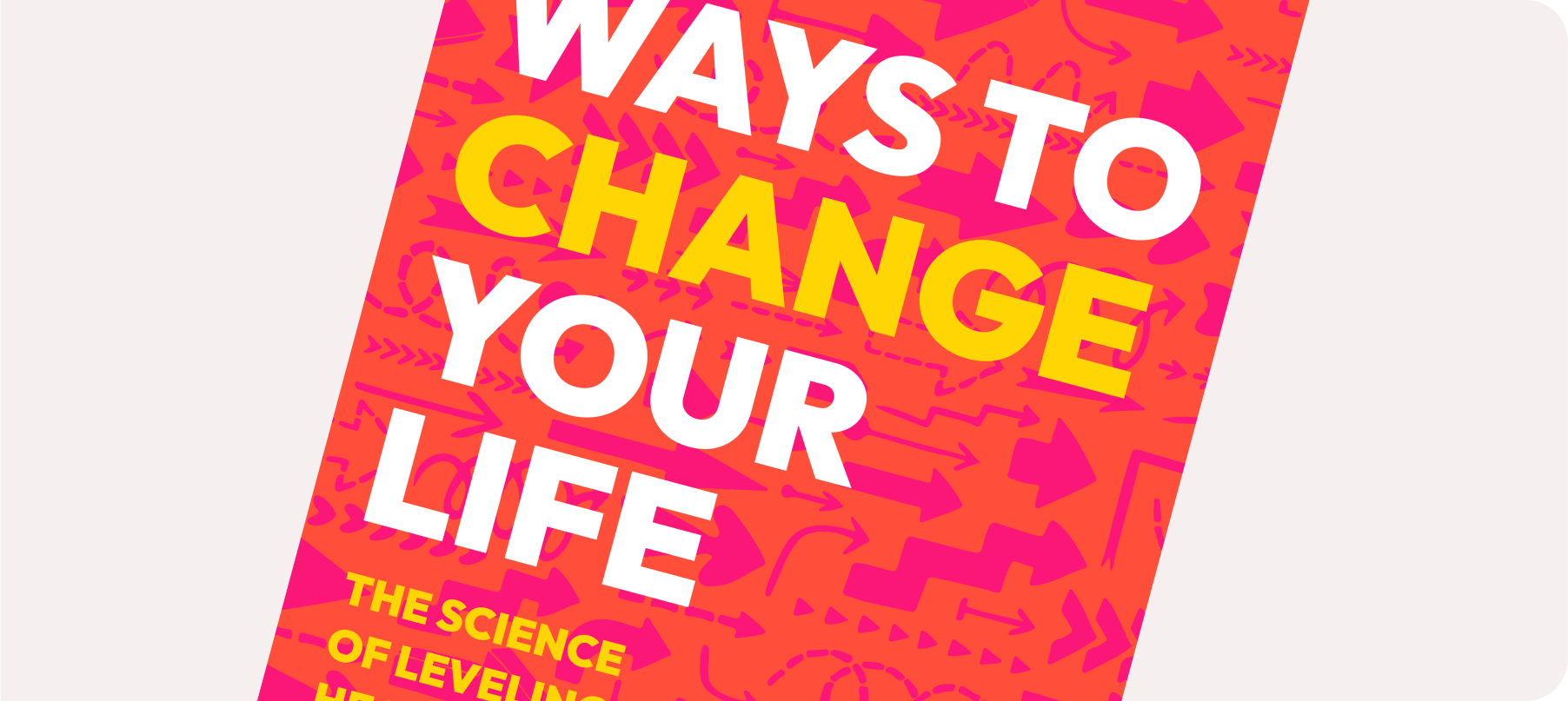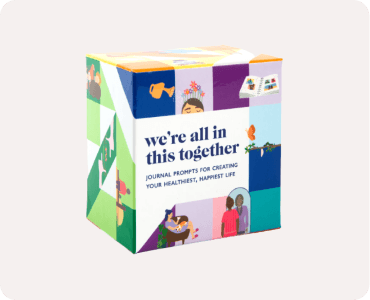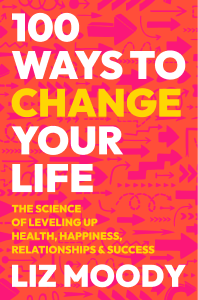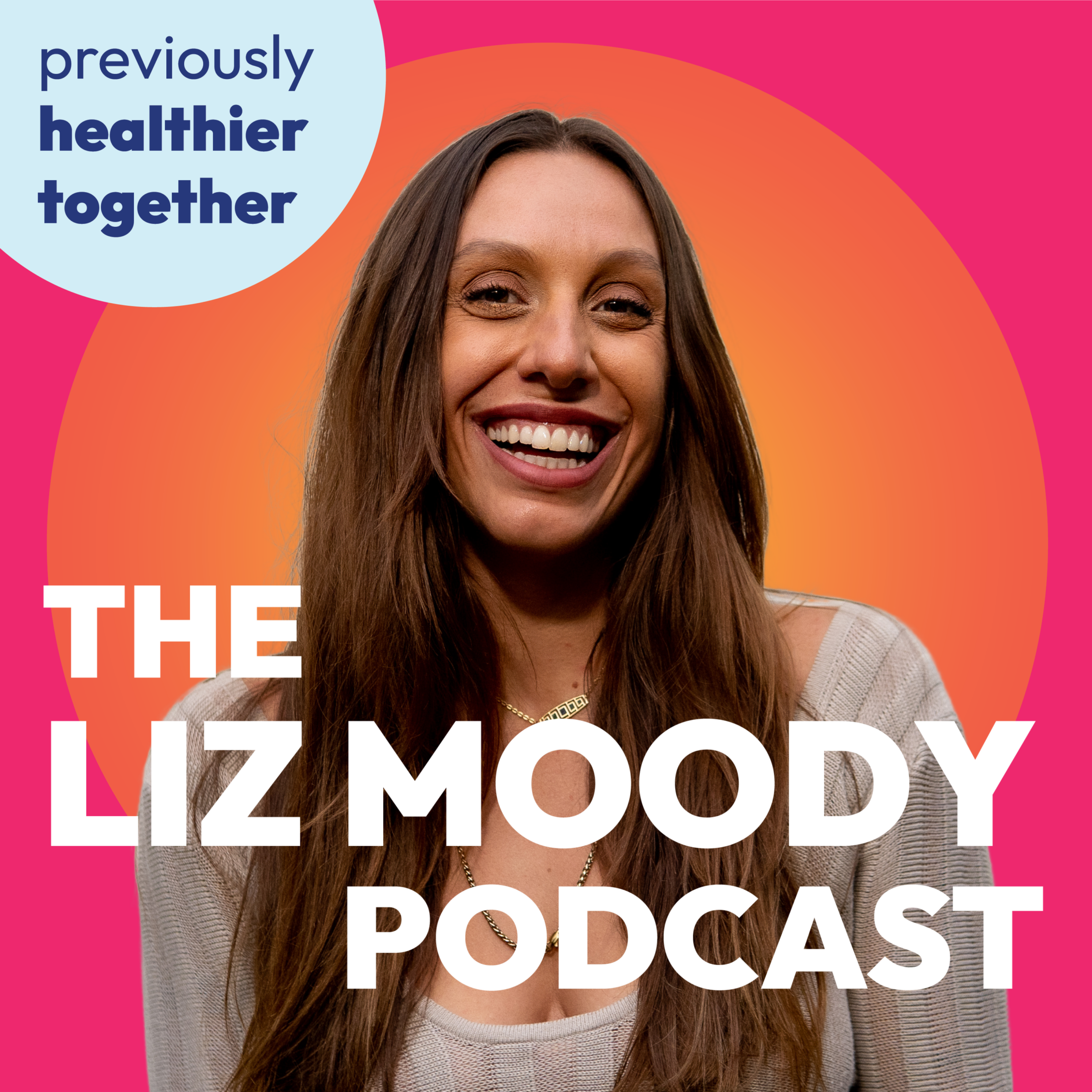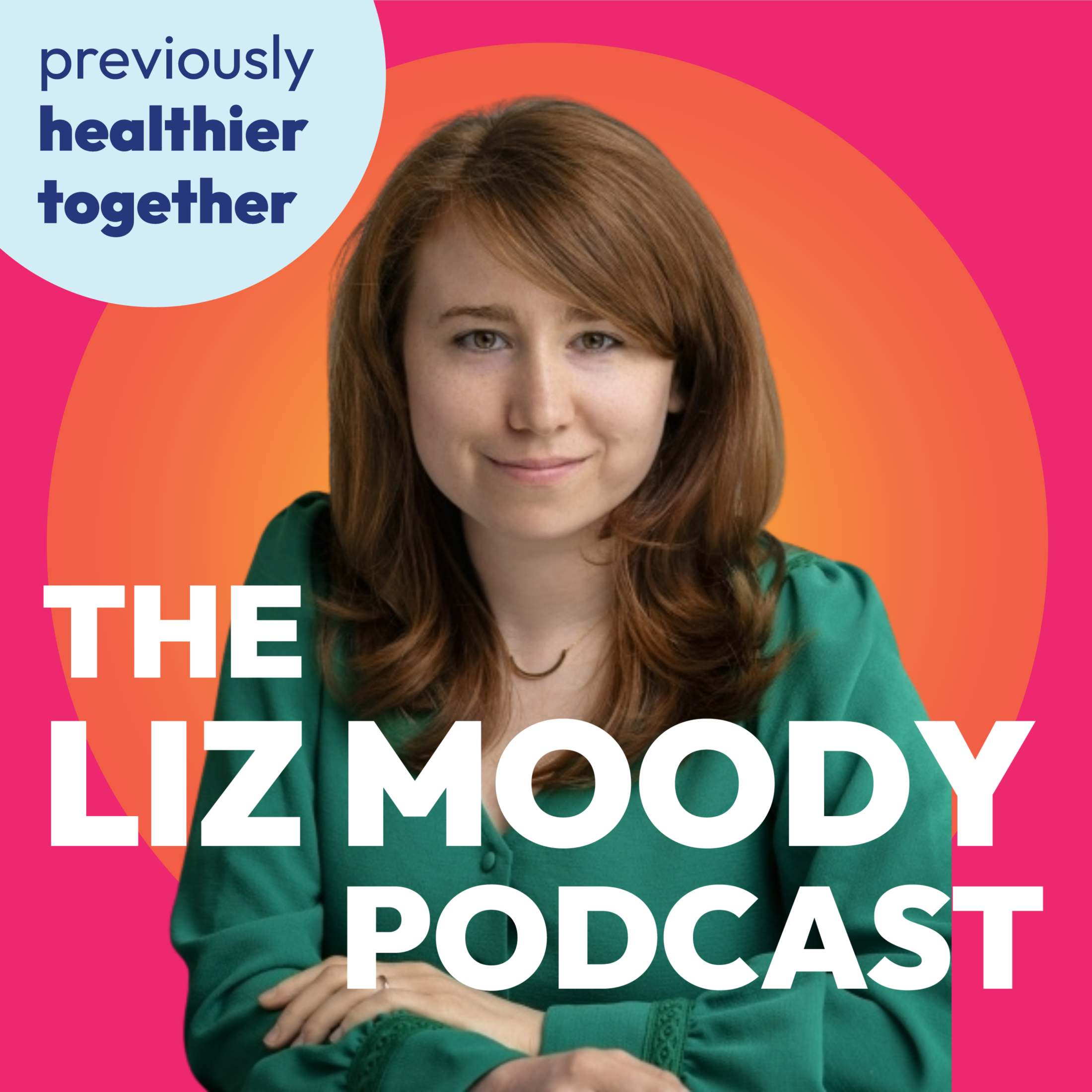What actually happens on a silent meditation retreat? In this conversation, my husband and I discuss our experiences on a week-long Jhourney meditation retreat. The retreat attempts to teach participants how to reach a jhana state, which is a state of deep relaxation and bliss. Spoiler alert: one of us was able to reach it, and the other wasn’t!
The intentionally slow pacing of the retreat allowed us to reflect on our relationships with social media and technology more generally. Learn how we plan to change their behavior based on the retreat’s structure and teachings.
- 00:00 Introduction
- 1:04 Retreat Day-to-Day
- 2:29 Yoga As A Tool
- 4:30 Overcoming The Boredom Hurdle
- 6:11 What Are Jhana States?
- 10:52 Personal Growth
- 15:45 Managing Emotions and Tears
- 18:01 Meditation’s Biggest Impacts
- 23:10 Our Individual Takeaways
- 29:18 Tracking Feelings Intentionally
Learn more about this retreat at www.Jhourney.io.
Ready to uplevel every part of your life? Order Liz’s new book 100 Ways to Change Your Life: The Science of Leveling Up Health, Happiness, Relationships & Success now!
To join The Liz Moody Podcast Club Facebook group, go to www.facebook.com/groups/thelizmoodypodcast.
Connect with Liz on Instagram @lizmoody, or subscribe to her newsletter by visiting www.lizmoody.com.
If you like this episode, listen to:
- Ask The Doctor: Happiness Edition. Feel More Content Regardless of Life Circumstances with Dr. Rick Hanson, PhD
- The Seven-Minute Secret To Happiness That No One Is Talking About
- The Ways We’re Being Manipulated Online + How To Tell What’s True In The Wellness World & Beyond
This episode is sponsored by:
ARMRA: go to tryarmra.com/LIZMOODY or enter LIZMOODY to get 15% off your first order.
Cymbiotika: use code LIZMOODY on cymbiotika.com to get 15% off plus free shipping on subscription orders.
Osea: get 10% off your first order at oseamalibu.com with code LIZMOODY10.
The Liz Moody Podcast cover art by Zack. The Liz Moody Podcast music by Alex Ruimy.
Formerly the Healthier Together Podcast.
This podcast and website represents the opinions of Liz Moody and her guests to the show. The content here should not be taken as medical advice. The content here is for information purposes only, and because each person is so unique, please consult your healthcare professional for any medical questions.
The Liz Moody Podcast Episode 279.
